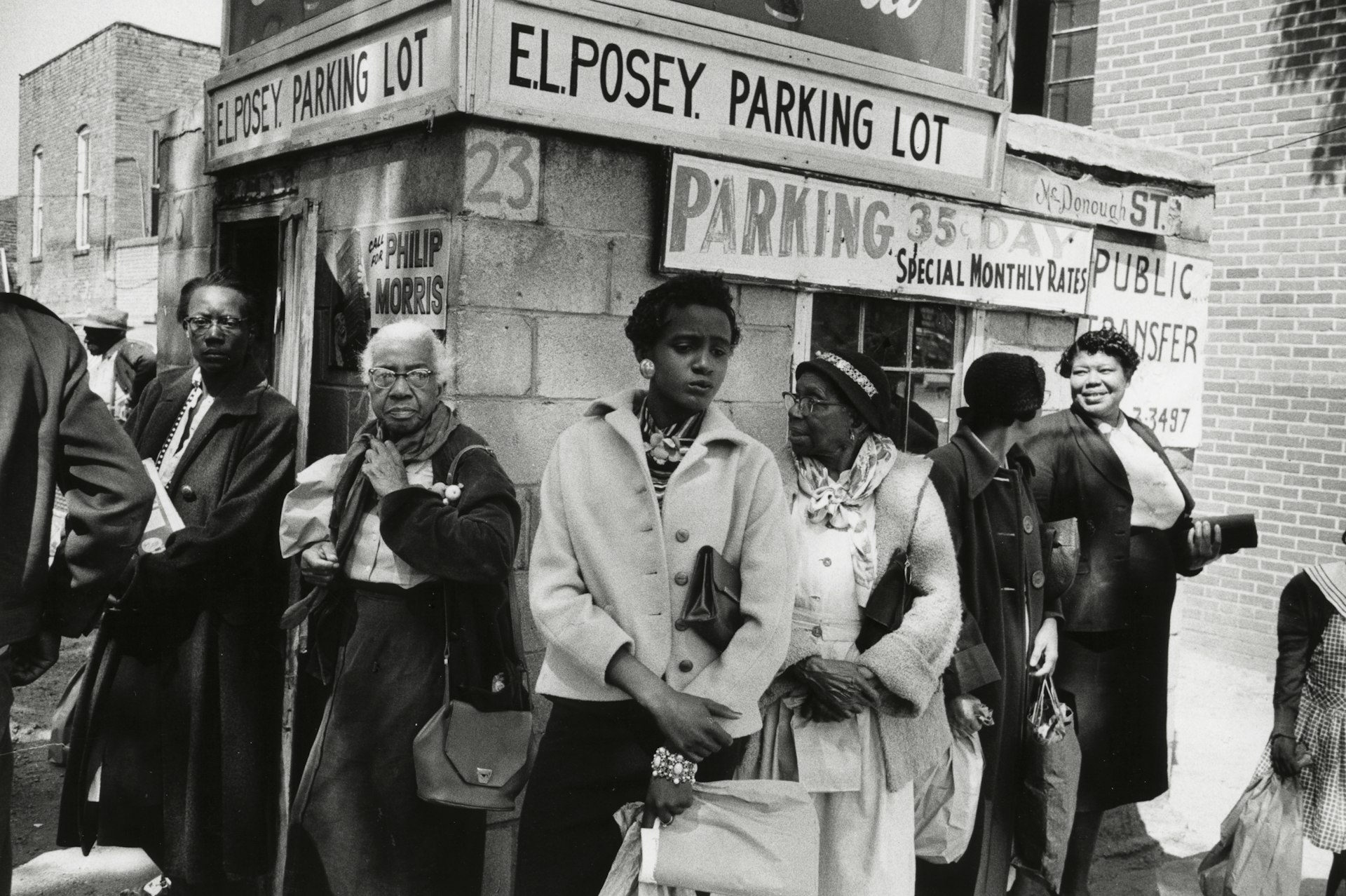Cyclists surround immigration removal vans to stop racist raids
- Text by Briony Cartmell

Instead of powerlessly scrolling through their depressing political newsfeeds, a group of Londoners got on their bikes yesterday in a formation of solidarity and everyday activism.
Encircling an immigration enforcement vehicle on its way to carry out a raid, the cyclists carried a banner emblazoned with the message “STOP RACIST VANS” through the capital. The convoy aimed to raise awareness of the existence of these vans, and to disrupt the daily missions to round people up and detain them indefinitely. And it’s about time too.
Immigration enforcement officials work by attempting to infiltrate neighbourhoods, trying to force their way into homes and businesses. Calling attention to raids in such a way as to remind officers that fear mongering will not be tolerated is a way to provide resistance peacefully and simply.
The rise of Western right-wing sensibility can leave many feeling helpless, as people seem to be becoming more and more out of touch with each other. Reading about incidents of xenophobia and hate related assaults brings a wincing despair. Currently in the UK, the upcoming general election is covered in the press as bickering about leadership, and it’s easy to lose sight of how ordinary individuals fit into that narrative. But there’s no need to throw up your hands.

Knowing what to look for and being aware of your surroundings is the first step in affecting immigration raids. Not so much Theresa May’s controversial “Go home” vans of 2013 – instead, watch out for vans marked “immigration enforcement”, or unmarked vans accompanied by police cars.
Officers work in groups, sometimes with plain-clothes police, and while UKBA numbers should be displayed on their shoulders, they are often covered up to avoid detection. Raids can occur at workplaces and homes, as well as spot checks at underground and bus stations, a practice that has been accused of racial profiling.
Acting when officers are attempting a raid is the most critical time to intervene, as it is much easier to prevent immigration detention than it is to support detainees once imprisoned, or contest for their release in court. Activist groups like the Anti Raids Network collate information when raids are kicking off, and they’ll spread the word to get boots on the ground.
If you see someone being stopped by UKBA officers, or police on immigration grounds, you can make the person immediately aware that according to their rights, they do not have to answer questions, and you can leave the scene with them. Recording the police is an effective deterrent, but ask permission to film the person being questioned if possible.
You can speak to officers directly, challenging their actions, and reminding them of the law. Without a search and arrest warrant, they are not allowed to enter a premises without the express permission given by a person for the stated purpose. Most importantly is getting the word out about what’s happening, for the community to rally behind each other. It’s a tactic that works time and time again.
When people are informed of their rights, and aware of their surroundings, it’s so easy to make a change, and step in to make a real difference. Get out there armed with information, and let’s stand together.
Enjoyed this article? Like Huck on Facebook or follow us on Twitter.
Latest on Huck

How Labour Activism changed the landscape of post-war USA
American Job — A new exhibition revisits over 70 years of working class solidarity and struggle, its radical legacy, and the central role of photography throughout.
Written by: Miss Rosen

Analogue Appreciation: Emma-Jean Thackray
Weirdo — In an ever more digital, online world, we ask our favourite artists about their most cherished pieces of physical culture. Today, multi-instrumentalist and Brownswood affiliate Emma-Jean Thackray.
Written by: Emma-Jean Thackray

Meet the shop cats of Hong Kong’s Sheung Wan district
Feline good — Traditionally adopted to keep away rats from expensive produce, the feline guardians have become part of the central neighbourhood’s fabric. Erica’s online series captures the local celebrities.
Written by: Isaac Muk

How trans rights activism and sex workers’ solidarity emerged in the ’70s and ’80s
Shoulder to Shoulder — In this extract from writer Jake Hall’s new book, which deep dives into the history of queer activism and coalition, they explore how anti-TERF and anti-SWERF campaigning developed from the same cloth.
Written by: Jake Hall

A behind the scenes look at the atomic wedgie community
Stretched out — Benjamin Fredrickson’s new project and photobook ‘Wedgies’ queers a time-old bullying act by exploring its erotic, extreme potential.
Written by: Isaac Muk

“Welcome to the Useless Class”: Ewan Morrison in conversation with Irvine Welsh
For Emma — Ahead of the Scottish author’s new novel, he sat down with Irvine Welsh for an in-depth discussion of its dystopic themes, and the upcoming AI “tsunami”.
Written by: Irvine Welsh